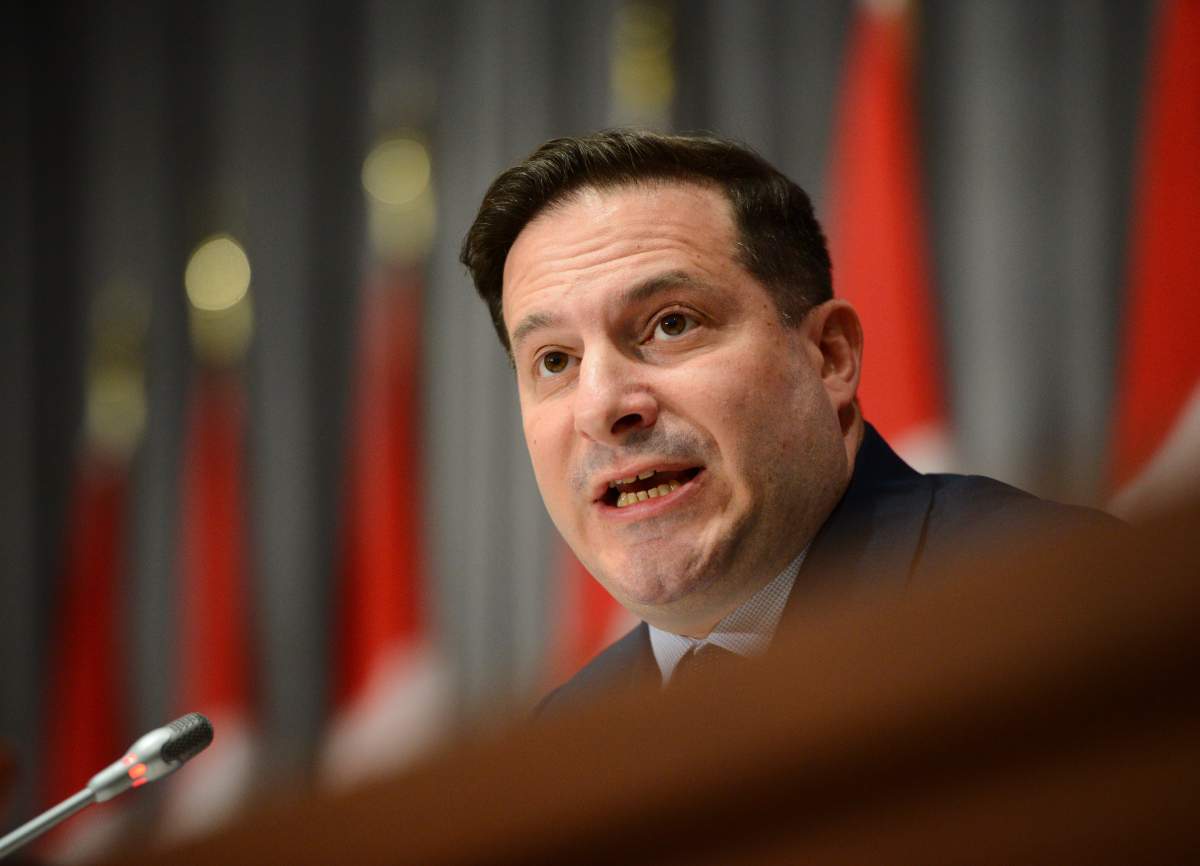A complete overhaul of how Canada processes immigration applications is in the works as the government braces for post-pandemic demand for migration to Canada.

Aging computer systems, paper applications and in-person interviews are among the things that must be adapted for the “new normal” after COVID-19, Immigration, Refugees and Citizenship Canada said in a tender posted to the government’s procurement website and marked “urgent.”
“When travel restrictions begin to ease, a significant surge of applications and support requirements is anticipated, putting tremendous demand on our global operations and supporting branches,” the tender request says.
“IRCC needs to act quickly to develop (i) updated and new strategies, and (ii) processes and digital systems to cope with the rapid change it is undergoing.”
Immigration to Canada came to a near-halt in March when borders around the world slammed shut to slow the spread of COVID-19.
Though some already authorized to enter Canada before the pandemic — temporary foreign workers and students — have still been able to arrive, thousands of others, including refugees, remain abroad, waiting for travel restrictions to lift.

Get breaking National news
Meanwhile, the government has closed or significantly scaled back many of its immigration operations, including all in-person interviews and the collection of biometrics, while many private visa centres around the globe that have contracts with Canada are also shuttered.

It’s effectively put the kibosh on new applications, and the uncertainty means the government has now abandoned even estimates on how long it will take to process them.
The department is trying to get through some of the applications, said spokesperson Nancy Caron.
“In the face of so many challenges, IRCC has made great efforts to adapt, for instance, by prioritizing applications from Canadians returning to Canada, vulnerable people and people who perform or support essential services,” she said in an email.
“We are processing those as quickly as possible.”
In its request, the department notes that among its challenges is operating while respecting physical-distancing protocols. The requirements make it harder to do everything from in-person interviews to citizenship ceremonies.
At least one virtual citizenship ceremony has already been held, for a researcher awarded a major grant to study the impact of the pandemic on supply chains, but the tender seeks guidance on more digital solutions for those and for traditional in-person interviews.
The Liberal government had intended to welcome as many as 371,000 new permanent residents in 2020, a number that will fall dramatically due to COVID-19.
A recent report from RBC Economics suggested the slowdown will have knock-on effects on the economy, noting among other things the $6 billion in tuition alone that international students contribute to the economy each year.








Comments
Want to discuss? Please read our Commenting Policy first.